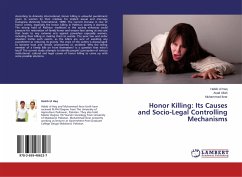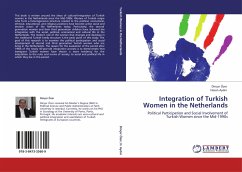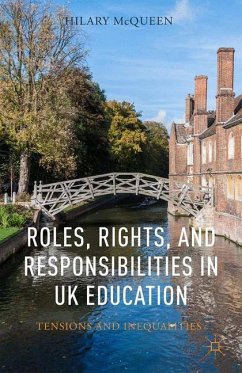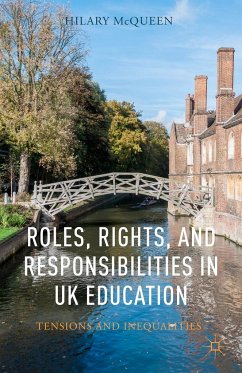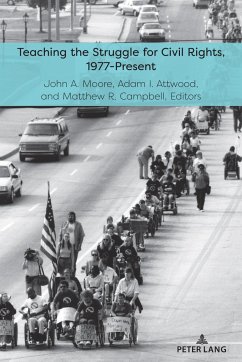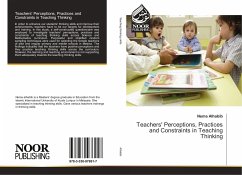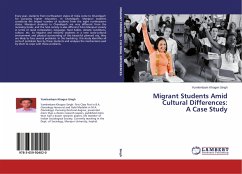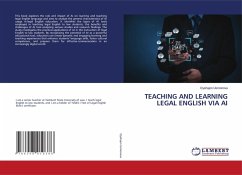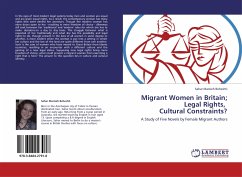
Migrant Women in Britain; Legal Rights, Cultural Constraints?
A Study of Five Novels by Female Migrant Authors
Versandkostenfrei!
Versandfertig in 6-10 Tagen
32,99 €
inkl. MwSt.

PAYBACK Punkte
16 °P sammeln!
In the eyes of most modern legal systems today men and women are equal and are given equal rights. As a result, the contemporary woman has many rights that were denied her ancestors. Though the modern woman has more doors open to her - resulting in more freedom of choice - dilemmas still exist between her 'traditional' and 'modern' roles for which she has to make decisions on a day to day basis. This struggle between what is expected of her traditionally and what she has the possibility and legal rights to do, though present in the lives of all women in some degree or another, is more evident ...
In the eyes of most modern legal systems today men and women are equal and are given equal rights. As a result, the contemporary woman has many rights that were denied her ancestors. Though the modern woman has more doors open to her - resulting in more freedom of choice - dilemmas still exist between her 'traditional' and 'modern' roles for which she has to make decisions on a day to day basis. This struggle between what is expected of her traditionally and what she has the possibility and legal rights to do, though present in the lives of all women in some degree or another, is more evident when the woman is put into a setting in which her culture and the law of the land are quite different from one another. Such is the case of women who have moved to Great Britain from Islamic countries, resulting in an encounter with a different culture and the gaining of a new legal status. Supposing new legal rights bring more freedom of choice, what could prevent a migrant woman from exercising a right that is hers? The answer to this question lies in culture and cultural identity.




